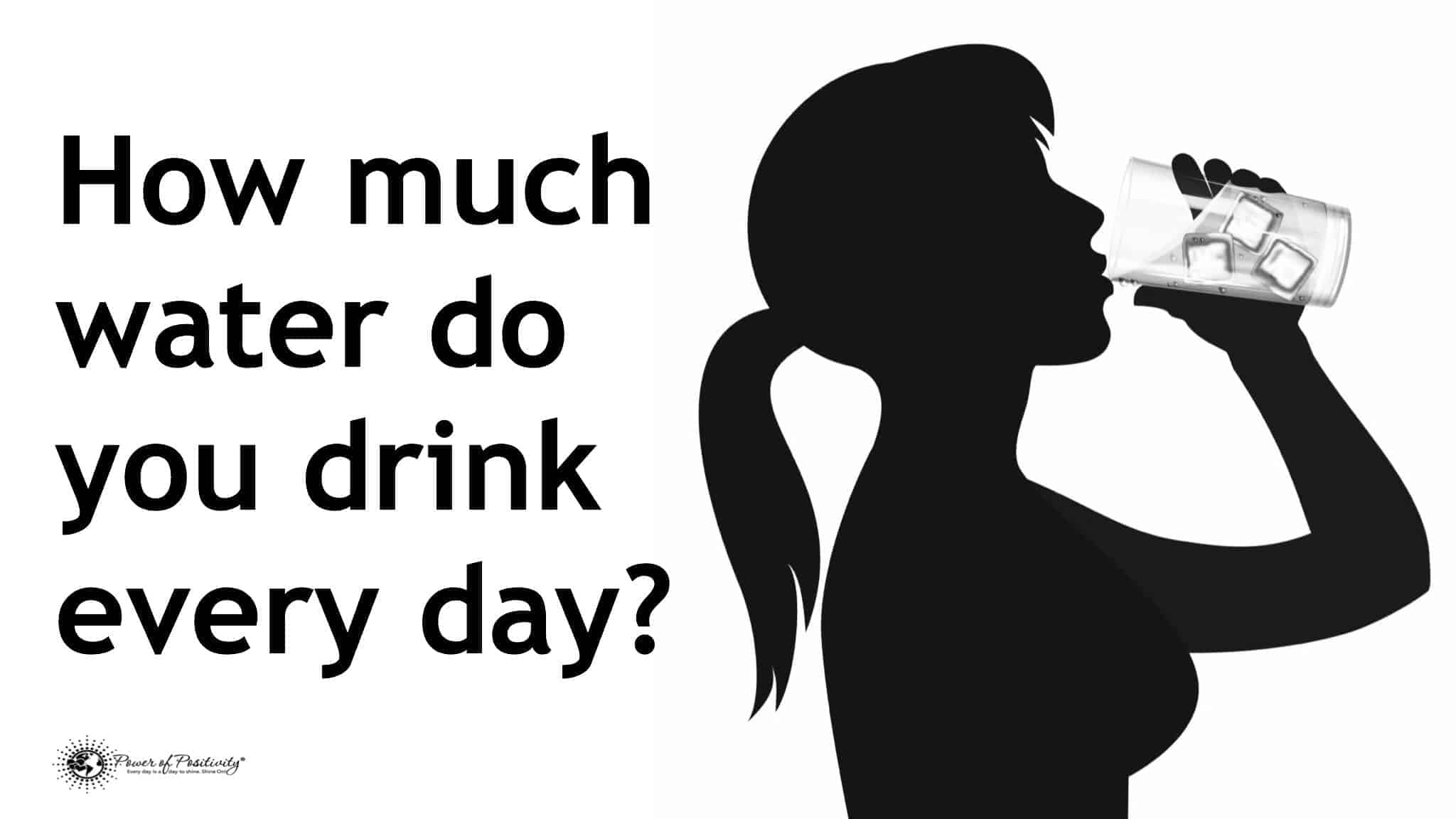Dehydration occurs when the body is devoid of essential water and other fluids. Several reasons cause this condition. It ranges from mild to moderate and severe depending upon the number of fluids your body has lost.
Anyone can be at risk of being dehydrated. However, dehydration symptoms usually manifest themselves in children and older adults. Being dehydrated can be especially dangerous in this age group.
Here is everything you need to know about dehydration symptoms, causes, and ways to prevent it.
What are the symptoms of dehydration?
You cannot rely on thirst as the prime symptom of being dehydrated. Older adults do not feel thirsty until they are already dehydrated. These are some of the symptoms you need to look out for. Signs and symptoms vary according to age.
In adults
The first sign of being dehydrated includes a decrease in urination frequency. Also, you will notice your urine takes on a dark color. Extreme thirst is also an early warning sign. It can be very easy to ignore thirst while busy with an important task. Other signs include fatigue, confusion, and dizziness.
In infants and children
It is a significant cause of worry if your child has not wet his diaper in 3 hours. No tears while crying or dry mouth and tongue can also be signs of being dehydrated. All children are irritable or listless when missing essential water in their system. Sunken eyes, cheeks, and a soft sunken spot on top of the skull are some other symptoms.
What Causes Dehydration?
It is essential to understand the various causes before you try prevention. There are several reasons that your body is dehydrated. Reasons can be as innocent as having no access to clean water or to lead a busy schedule. Other reasons include the following:
Diarrhea
Tremendous water can be lost with severe or acute diarrhea over a short period. Acute diarrhea refers to sudden and violent bouts which result in massive loss of electrolytes and water in the body.
Vomiting
Generally, vomiting is limited to two to three times a day in the most severe cases. Excessive vomiting can lead to your body getting dehydrated when fluids are not replenished.
Fever
The human body gets dehydrated due to the high temperatures accompanying a fever. Not to mention, it is difficult to drink anything while suffering from a fever. It gets worse when a fever is accompanied by diarrhea and vomiting.
Sweating
You can become dehydrated if you do not replenish your body with fluids as you sweat. There is a lot of water lost in sweating. Heavy workouts and hot and humid weather, among other reasons, can cause dehydration.
Urination
Anything that causes you to urinate frequently can cause fluid loss. Diabetics are at a higher risk of getting dehydrated due to this reason. Some medications include diuretics. This can cause increased urination, leading to dehydration if not replenished in time.
How to Prevent Dehydration
Prevention is always better than cure, especially in the case of dehydration. You must tank up on fluids during hot and humid weather or while working out. Here are some ways to prevent getting dehydrated:
Healthy Diet
Make sure that your diet contains plenty of fruits and vegetables. To prevent dehydration, you should add at least one portion of water-based fruits or veggies, such as cucumbers.
Drink Plenty of Water
Next time you feel thirsty, do not ignore it. Promptly reach for that bottle of water. You can improve a lot of bodily functions and even your skin by drinking more water. The best way to prevent dehydration is to let thirst be your guide.
Weather Can Increase the Odds of Dehydration
You need more water whenever the weather is excessively hot or cold. The body sweats more in hot and humid climates, which can lead to fluid loss. It is important to replenish lost fluids immediately. Many people skip drinking water when it is cold outside. You need extra water in cold weather to combat the dry air effectively.
Illness
Your body needs extra fluids to fight off a fever and stay hydrated. This holds during minor infections such as influenza, bladder infections, and bronchitis. Older people should take extra special care to tank up on fluids when sick to prevent dehydration.
Final Thoughts on Knowing the Signs of Dehydration
There are multiple risk factors associated with being dehydrated. These include heat injury, seizures, and organ failures, among other things. You must always take care to replenish any lost fluids as soon as possible. Dehydration is not something that you should take lightly.
People who work outside in the sun or indulge in heavy workouts tend to sweat more. It is important to drink extra water to prevent your body from getting dehydrated. Children and older adults are also at a high risk of getting dehydrated.















 Community
Community

